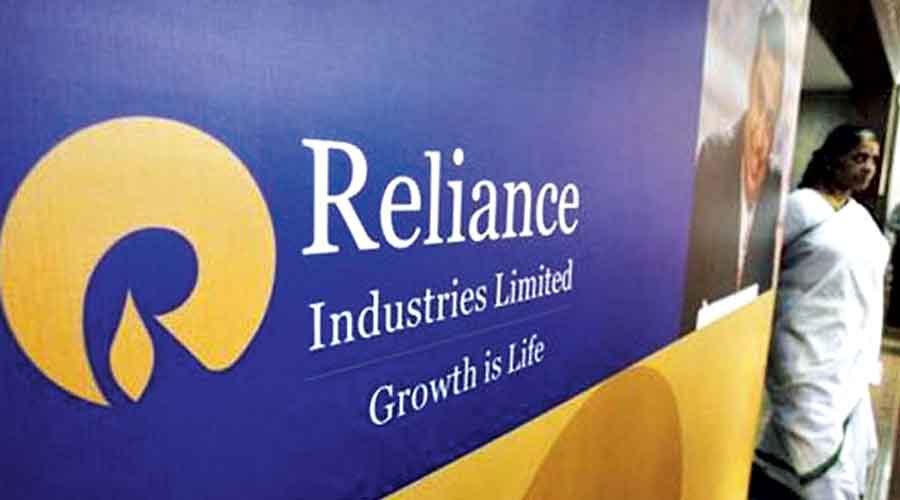Capital expenditure by private companies is showing signs of picking up — a beacon of hope amid the disappointments of rising inflation and interest rates, and elevated commodity prices.Investments are gaining traction because of a combination of deleveraging and increasing capacity utilisation.
This is more evident among listed companies, according to analysts at ICICI Securities.Besides, the leaders of India Inc are showing greater boldness in taking risks — or displaying animal spirits, a term coined by the economist John Maynard Kanes, ICICI Securities said.
The brokerage estimates the combined capex of listed firms and the government will likely double to an estimated Rs 21 trillion-plus in the current financial year from Rs 10-12 trillion level seen over 2015-16 to 2017-18.
Over the past few months, Indian giants such as Reliance, the Adanis, the Aditya Birla group, Arcelor Mittal Nippon Steel, Tata Steel and others that include PSU firms have announced big investment plans.
These are in sectors such as renewable energy, steel, cement, oil pipeline and power.``Over the period 2011-12 to 2020-21, the investment rate in India has been pulled down by private industrial corporates and household investment real estate with their combined share in GFCF (gross fixed capital formation) dropping from 59 per cent to 40 per cent,” the brokerage said.
However, the latest data for private corporates in the listed space is now showing traction along with evidence of a pick-up in household investments in real estate.Combined government capex (centre and states) rose to Rs 11.1 trillion in 2021-22 and is likely to exceed Rs 14 trillion in 2022-23 (estimated) going by the budget estimate, ICICI Securities said.
Chief economic advisor V. Anantha Nageswaran recently said the government has planned out its capex plans in such a manner so as not to surrender the growth impulse regained after the third wave of the coronavirus.In 2021-22, the government’s capital expenditure was budgeted at Rs 6 lakh crore (trillion), and it managed to spend Rs 5.92 lakh crore.
The CEA said if the government is able to execute the capital expenditure of Rs 7.5 lakh crore in the current fiscal, ``then that is the biggest real economic intervention’’.
Bankers said while working capital demand from companies remains positive, they are seeking loans to expand their capacities.Latest data from the RBI show bank credit to grow 13.1 per cent year-on-year in the fortnight ended June 3 against 5.7 per cent in the previous year.










